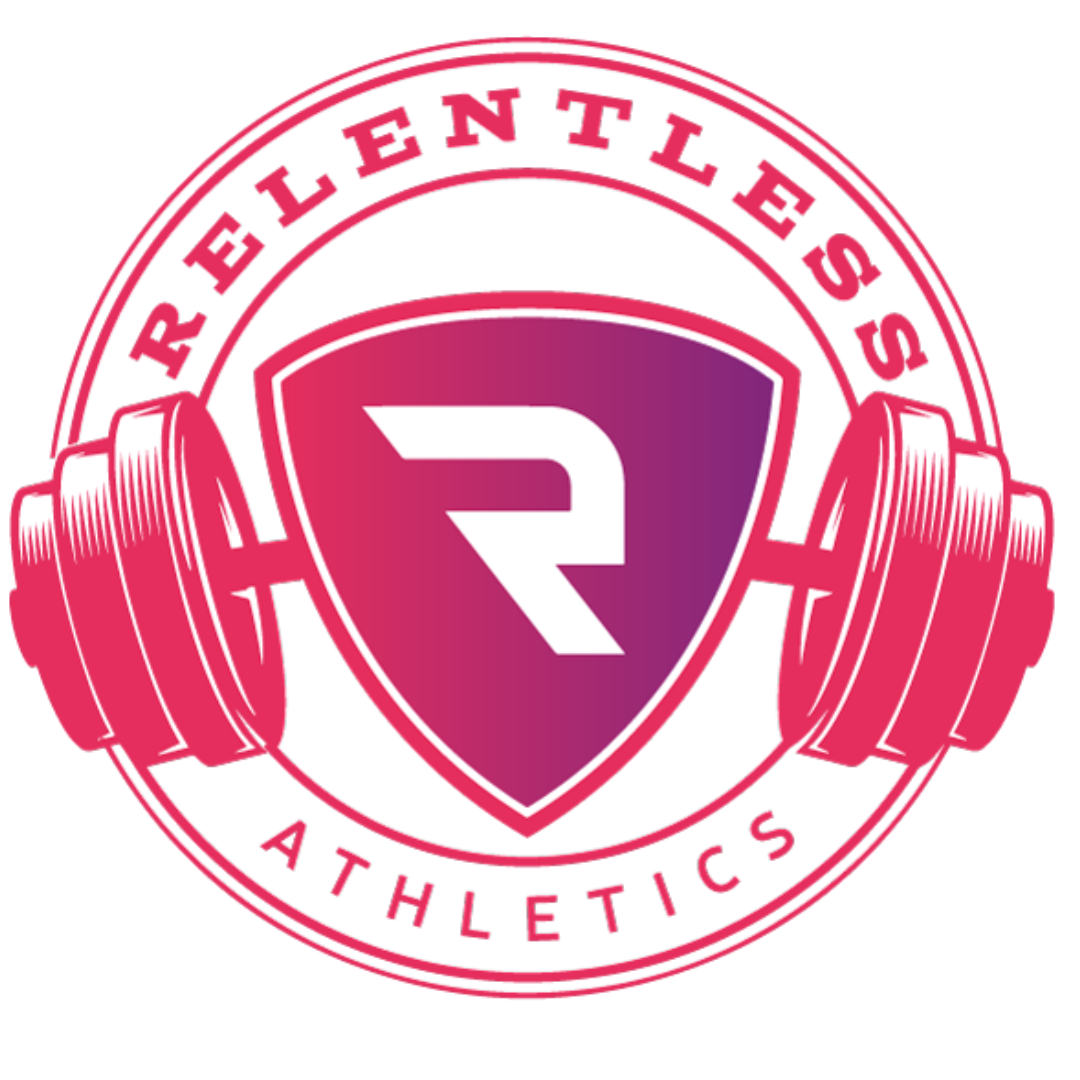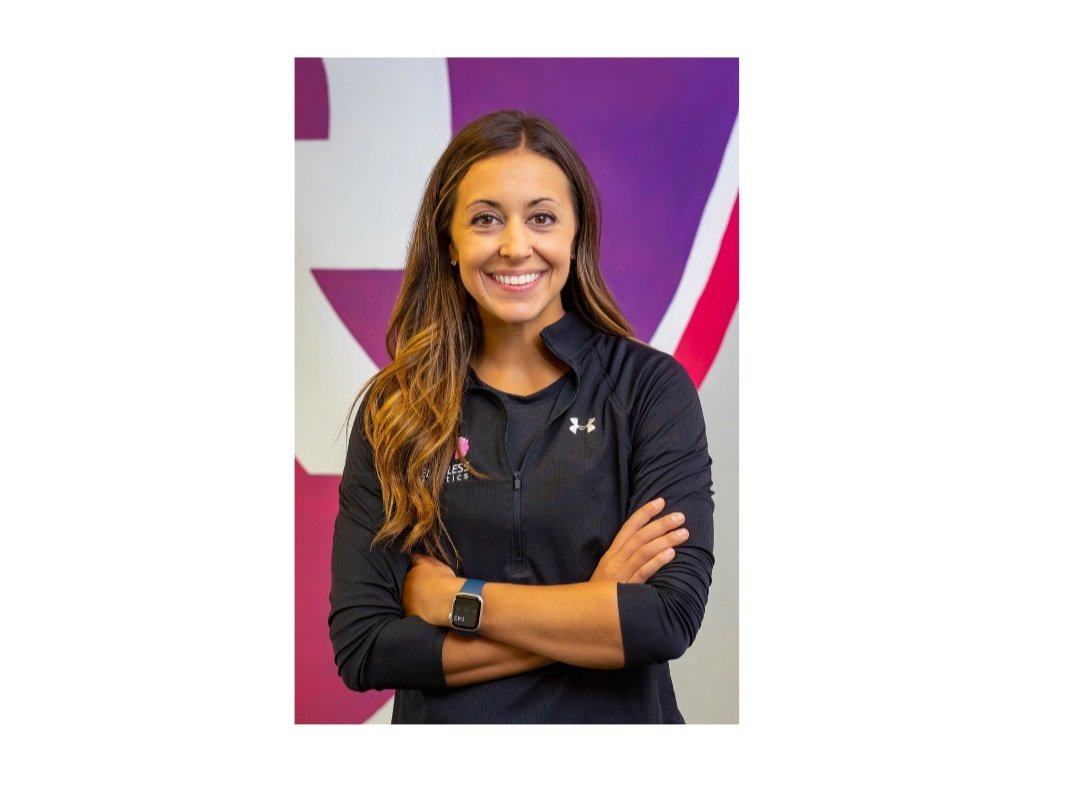What Should You Eat After A Game?
Emily R Neff (Pappas), PHD (c)
After your game, how you fuel your body determines how well you recover & will play next time.
When considering what to eat after your game, there are two main macronutrients you need to prioritize to allow you to recover faster and play harder next game
When deciding what to eat after your game, it is essential for the female athlete to understand what her body needs and why it needs it!
Let’s break this down:
The body alternates between two states: stress and recovery.
Lets talk STRESS:
There are two types of stress—the physical exertion required to swing that bat, kick that ball, or lift that weight while you compete, and the mental stress required for you to be at the top of your game.
I am sure this isn’t news to you…but your game is STRESSFUL!
When you are giving your all for every minute of action, you are depleting your energy stores.
And adding stress.
With every sprint down the court, you are breaking down some muscle fibers.
And adding more stress to your system.
When you strategize how you are going to run your team’s final play in the final 30sec of overtime, you are burning mental energy.
More stress.
But stress isn’t bad!! It is NECESSARY if we want to our bodies to ADAPT and IMPROVE.
BUT, if we don’t allow our bodies to recover from these stressors, we won’t improve.
Makes all that hard effort feel kind of pointless, doesn’t it?
Time to make the switch to RECOVERY:
When the game is over, it's time to end the stress and allow your body to recover.
In a previous article, we discussed the top recovery methods your body needs to allow for adaptation (aka getting stronger, faster, and BETTER than you were before).
After sleep, what you eat is the ultimate factor that determines how well you can flip the switch to recovery mode and improve.
So, what should you be eating immediately after a game or training?
The choices you make here should depend on what your body NEEDS.
In recovery, we have two concerns:
Replenishing depleted energy stores (glycogen)
Rebuilding broken down tissue (muscle + energy!)
Replenish
Carbohydrates are the preferred energy source for high-intensity activity.
Why? well, its the only fuel source that runs through the anaerobic system and allows for high energy bursts.
You know, the type of energy you need when you sprint down the field on a breakaway or repeatedly jump high in your volleyball game.
Because your muscles prefer to use carbs to contract FAST, carbohydrates are stored within your muscles as glycogen.
During high-intensity activity, like long games or practices that last over an hour, your muscles will use up all of those stores.
To prevent a drop in performance, it is essential to consume carbohydrates before (and possibly during) your training session. With this meal, carbohydrates will be available in your blood for your muscles right when they may need it most!
At the end of your game or training session, optimal recovery depends on your ability to REPLENISH those glycogen stores so they can be used again by your muscles in the future.
To ensure there is adequate energy to refill those stores, your post workout meal MUST contain carbohydrates.
SIMPLE carbohydrates should be consumed immediately after activity when you have another bout of high-intensity activity within the next 24 hours
COMPLEX carbohydrates should also be consumed to keep you feeling full (thanks, fiber!) and to provide a sustained source of nutrient-dense fuel to help provide energy for the rebuilding process.
Remember, recovery after your game has two concerns…now that we understand we need carbs to REPLENISH….what about rebuilding?
Rebuild
During games, your muscles are required to both EXERT and ABSORB a lot of force. Muscle, tendon, and ligament breakdown occurs when too much force is applied than it has the capacity to absorb.
Protein is a building block for your muscles as well as a structural component for every cell in your body.
After a game, you want to consume protein so that your body has the building blocks it needs to help REBUILD.
The faster you rebuild, the better you can conquer your next game or practice!
But remember, you cannot rebuild with the building blocks alone.
You need ENERGY to put those blocks in place!
This energy can come from complex carbs or fats as both provide a steady stream of energy to help your body recover hours after your game!
But not too much fat! You don’t want to slow down the digestion of carbs and their delivery to your muscles in need of stores!
Putting it all together
Remember, your game is STRESSFUL. But, stress is GOOD when it helps our body ADAPT. But, we can’t adapt and improve without adequate recovery from that stress.
Fueling your body after your game is ESSENTIAL in determining how your body recovers.
With a meal full of protein, carbs, and a bit of fat, you will be able to REPLENISH your glycogen stores and REBUILD your body to a stronger, more resilient player!
Need a post workout meal idea? Check out this awesome dinner combo!
Protein= Salmon
Simple Carbs= Pasta
Complex Carbs= Green Beans + parmeagean cheese
Fats= parmegean cheese
WANT MORE RECIPES?
CHECK OUT OUR RECIPE BOOK FOR FEMALE ATHLETES!
ABOUT THE AUTHOR
In 2015 Emily opened Relentless Athletics to build a community for female athletes while educating their parents and coaches on the necessity of strength training and sports nutrition to optimize sports performance and reduce injury risks in the female athlete population.
Emily holds a M.S. in Exercise Physiology from Temple University and a B.S. in Biological Sciences from Drexel University. She is currently pursuing her Ph.D. at Concordia University St. Paul with a research focus on female athletes & the relationship between strength training frequency, ACL injury rates, and menstrual cycle irregularities (RED-s). Through this education, Emily values her ability to coach athletes and develop strength coaches with a perspective that is grounded in biochemistry and human physiology.
When she isn’t on the coaching floor or working in her office, she is at home with her husband Jarrod and their daughter Maya Rose, and, of course, their dog Milo (who has become the mascot of Relentless)!!











